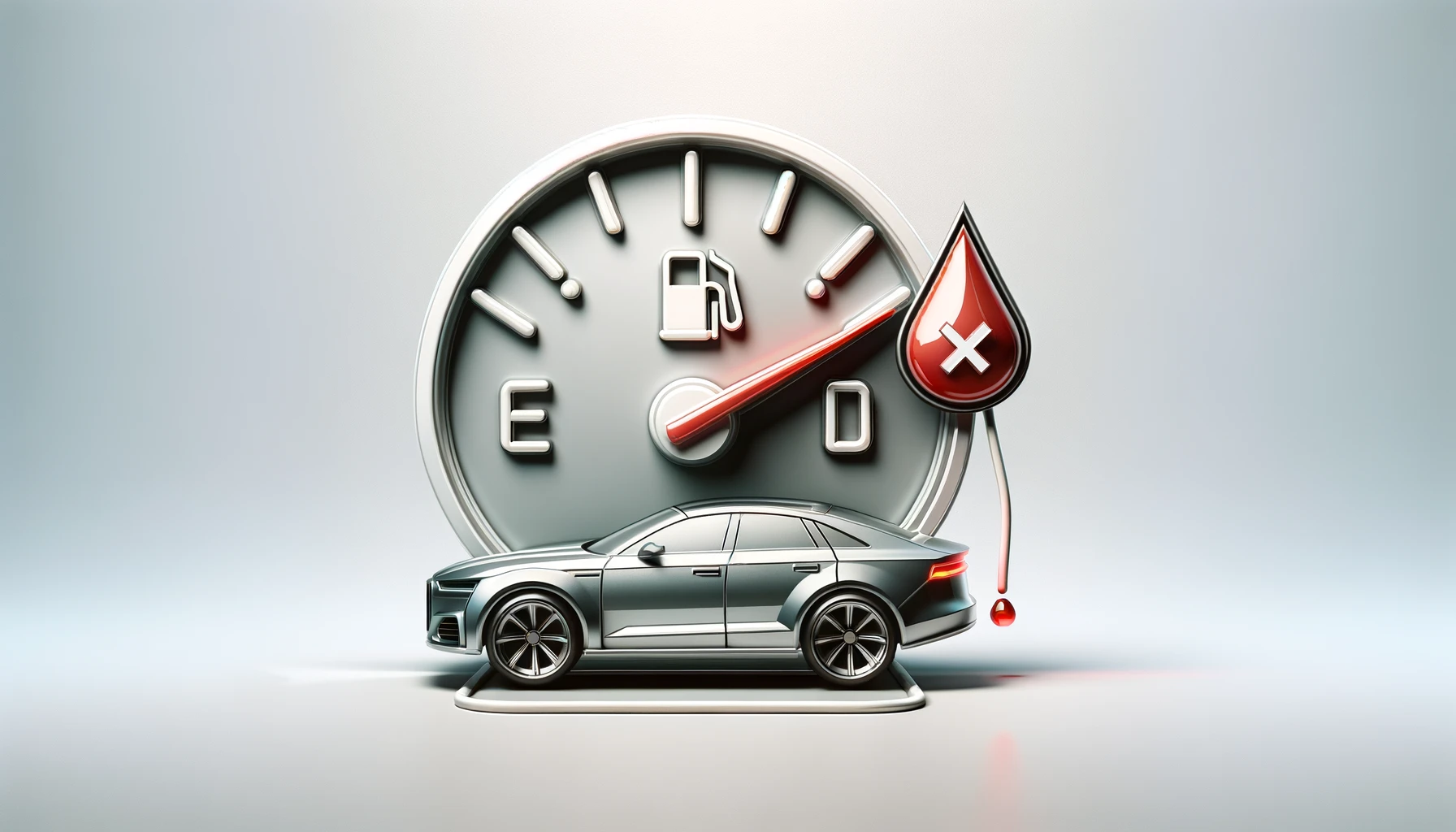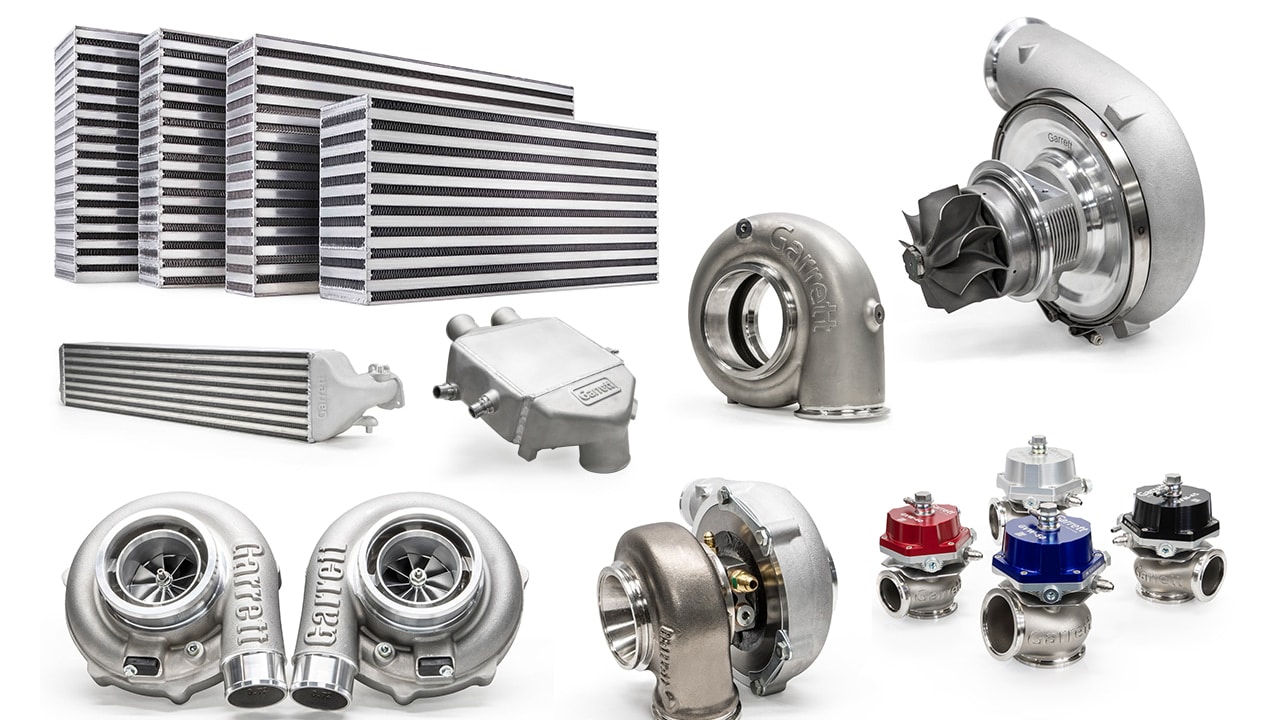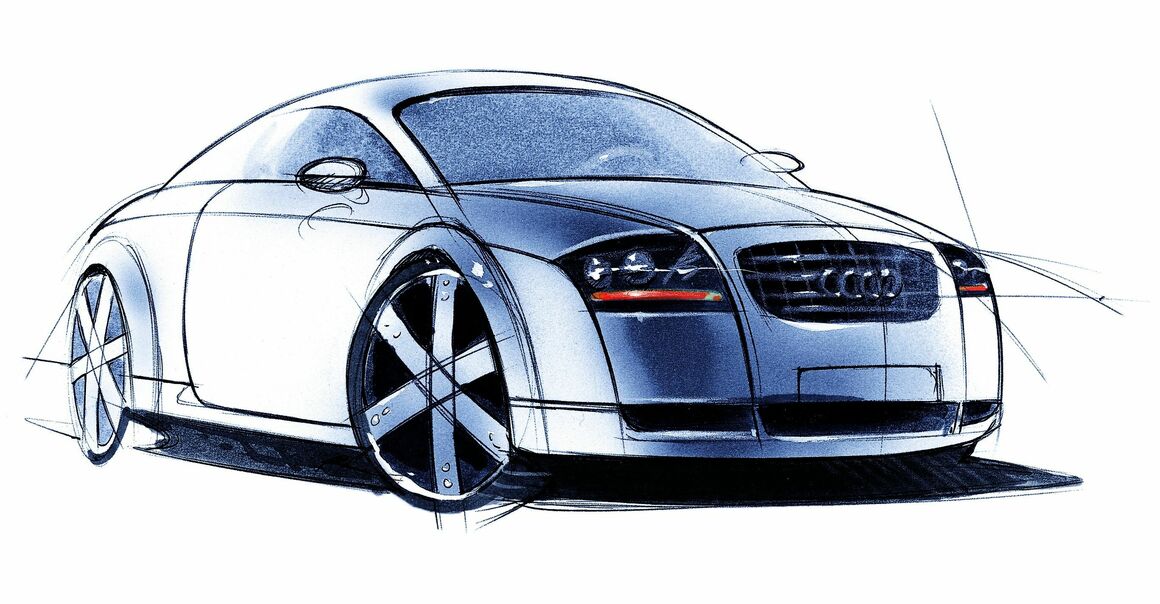Accidentally put the wrong fuel in your car?
I put petrol in a diesel engine! What should I do? Avoid the Stress of Misfuelling – Melbourne Euro Has Your Back!
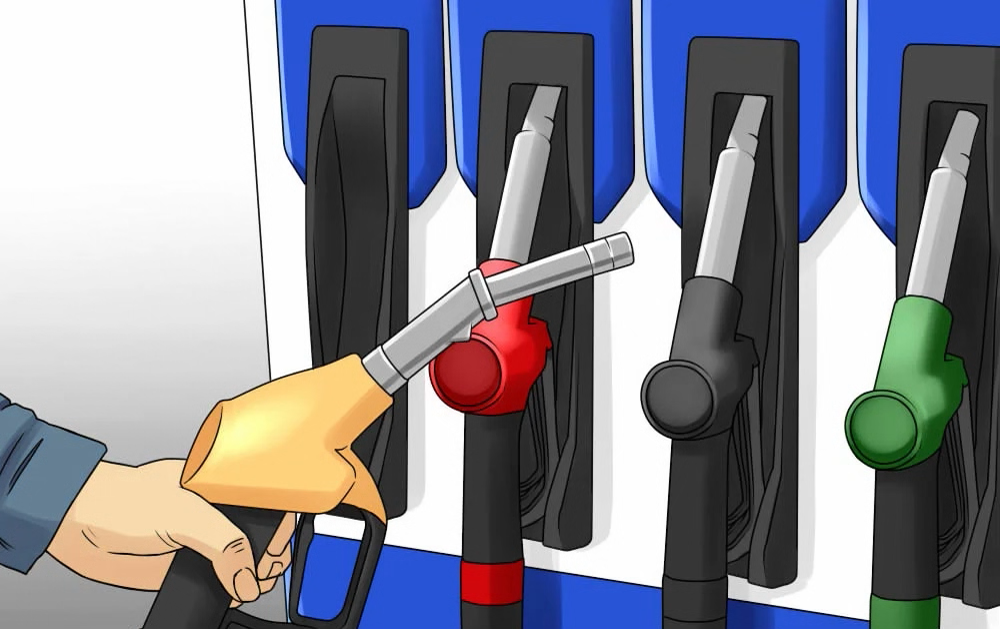
Putting the wrong fuel in your car, such as petrol into a diesel engine or diesel into a petrol engine, can cause significant damage, depending on the circumstances and how quickly you respond to the mistake. Here’s a breakdown of the potential damage and how it can be addressed:
Petrol in Diesel Engine
- Damage: Diesel engines are designed to run on diesel fuel, which is denser and acts as a lubricant for the engine’s components. Petrol, on the other hand, is a solvent that can strip away this lubrication, leading to increased friction and wear on the fuel pump and injectors. If the car is driven with petrol in the diesel engine, it can cause severe damage, including to the fuel injection system and possibly the engine itself.
- Immediate Actions: If you realize the mistake before starting the car, do not turn on the ignition. Starting the car will circulate the incorrect fuel through the engine, increasing the risk of damage.
- Solution: The fuel system needs to be drained completely. This includes the fuel tank, fuel lines, and replacing any fuel filters. After draining, the system should be flushed with the correct fuel type to ensure no petrol remains before the car is started. Call Melbourne Euro now!
Diesel in Petrol Engine
- Damage: Diesel fuel in a petrol engine is less catastrophic than petrol in a diesel engine. Petrol engines rely on spark ignition, and diesel’s higher flash point means it’s unlikely to ignite properly in a petrol engine. The car may run poorly, or not at all, and smoke may be emitted from the exhaust.
- Immediate Actions: Similar to the petrol in diesel scenario, do not start the engine if you realize the mistake in time. This prevents the wrong fuel from circulating through the engine.
- Solution: The solution involves draining the diesel from the petrol tank and fuel system, then flushing and refilling with petrol. Call Melbourne Euro now!
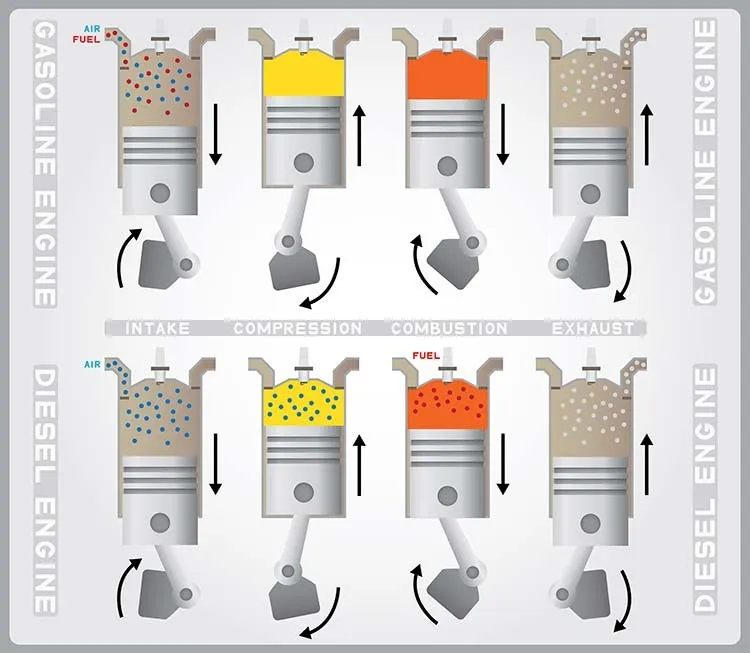
General Advice
- Don’t Start the Car: If you realize the mistake immediately, do not start the engine. This prevents the wrong fuel from circulating through the system.
- Seek Professional Help: Contact Melbourne Euro, which specializes in dealing with such situations. They can safely drain and flush your fuel system and make any necessary repairs.
- Advanced Testing: For diesel vehicles, Melbourne Euro offers advanced diesel testing, including injector testing, high-pressure pump testing, sensor testing, and solenoid testing, ensuring that any potential damage can be accurately diagnosed and repaired.
- Discretion: Understandably, you might feel embarrassed about making such a mistake. Professional services are accustomed to dealing with these situations discreetly and efficiently.
If you find yourself in this predicament, the key is not to panic and to act quickly by not starting the engine and contacting a professional service to handle the situation properly. This can minimize potential damage and get you back on the road as soon as possible.
Why Choose Melbourne Euro?
- Expert Care: Petrol in your diesel tank? Or the other way around? We’ve seen it all and fixed it all. Our team of experts specializes in correcting misfuelling issues with precision and care.
- State-of-the-Art Technology: Boasting Australia’s most sophisticated diesel testing machine, we can handle injector testing, high-pressure pump testing, sensor testing, and solenoid testing—all under one roof.
- Fast Turnaround: We understand the inconvenience of being without your vehicle. That’s why we strive to get you back on the road ASAP, without compromising on quality.
- Affordable Solutions: Mistakes happen, but fixing them shouldn’t break the bank. Melbourne Euro offers competitive pricing to ensure your car is repaired without causing financial stress.
How We Fix Misfuelling:
- Immediate Action: Realized the mistake at the pump? Don’t start your car! Starting the engine circulates the wrong fuel, increasing the risk of damage.
- Professional Draining & Cleaning: Our team will safely drain the incorrect fuel, flush your system, and replace any necessary filters, ensuring your vehicle runs smoothly again.
- Advanced Diagnostics: With our top-notch equipment, we can diagnose and repair any potential damage caused by misfuelling, often on the same day!
Call Melbourne Euro Today!
Don’t let a simple mistake leave you stranded. Contact Melbourne Euro now to book your appointment. We promise swift, affordable, and expert service to get you back on the road in no time. Remember, when it comes to fuel mishaps, Melbourne Euro is your trusted ally. Call us and let us take the worry off your hands!
